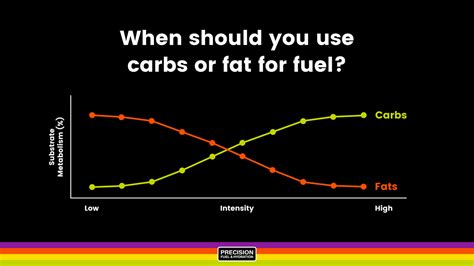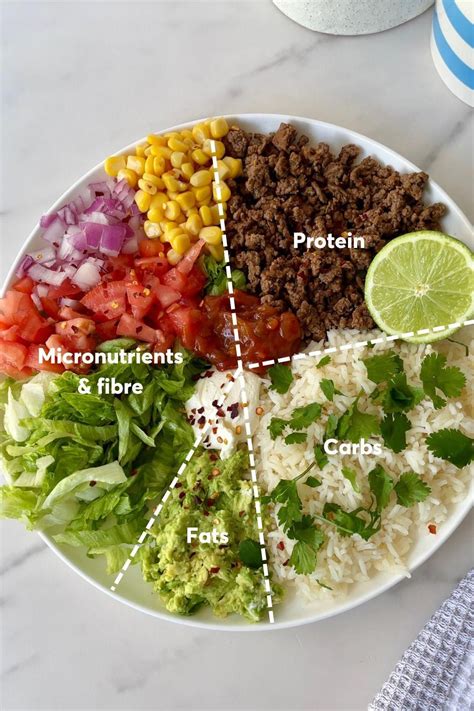Excluding protein, what is the single most important macronutrient adjustment a man should consider when transitioning from a bulk to a cut phase while aiming to preserve muscle mass?

The Crucial Role of Carbohydrate Adjustment in a Lean Cut
The transition from a muscle-building bulk to a fat-loss cutting phase is a delicate balance. While protein intake undeniably remains paramount for muscle preservation, the question often arises: what other macronutrient adjustment holds the most weight? Excluding protein, the single most important macronutrient adjustment a man should consider when transitioning from a bulk to a cut phase, specifically to preserve muscle mass, is a strategic and controlled reduction in carbohydrates.

Why Carbohydrates Take Center Stage for Muscle Sparing
While dietary fats are essential for hormonal health and overall well-being, their direct impact on intra-workout performance and the body’s immediate energy systems is less pronounced than carbohydrates. Carbohydrates are the body’s primary and most efficient fuel source for high-intensity activities, including weightlifting. In a caloric deficit, the body will naturally seek alternative energy sources.
By carefully reducing carbohydrates, you force your body to tap into stored body fat for energy, which is the ultimate goal of a cut. However, a drastic or uncontrolled reduction can lead to your body breaking down muscle tissue for glucose (gluconeogenesis), especially if glycogen stores are depleted and training intensity suffers. Thus, the adjustment isn’t about elimination, but strategic management.

Implementing Strategic Carb Reduction for Optimal Results
The key to success lies in a gradual and intelligent reduction. Instead of drastically cutting carbs overnight, a phased approach allows your body to adapt. Begin by reducing carbohydrate intake by 25-50 grams per day or per week, monitoring your energy levels, workout performance, and body composition changes. The goal is to create a deficit that promotes fat loss without significantly hindering your ability to perform intense resistance training, which is crucial for signaling muscle retention.
Furthermore, the timing of carbohydrate intake becomes critical during a cut. Prioritize the majority of your daily carbohydrates around your workouts – both pre-workout (for immediate energy) and post-workout (for glycogen replenishment and recovery). This ensures that your muscles have the fuel needed for training and the resources for repair, minimizing the risk of muscle catabolism. Focus on complex carbohydrates from whole, unprocessed sources, which provide sustained energy and fiber.

Balancing Other Macros: Fats and Protein
While carbohydrates are the primary adjustment point, it’s important to briefly consider other macronutrients. Protein intake should remain high (e.g., 1.6-2.2 grams per kilogram of body weight) to support muscle repair and satiety. Dietary fats, though not the primary adjustment for muscle preservation in the way carbs are, should not be neglected. Healthy fats are vital for hormone production and overall health, so ensure you consume a moderate amount (e.g., 0.5-1.0 grams per kilogram of body weight) from sources like avocados, nuts, seeds, and olive oil.

Practical Tips for a Successful Transition
- Track Everything: Use an app or food diary to accurately log your macronutrient intake. This is essential for making precise adjustments.
- Listen to Your Body: Pay attention to your energy levels, mood, and workout performance. If you feel excessively lethargic or your strength drops significantly, you might be cutting carbs too aggressively.
- Fiber Intake: Maintain adequate fiber from vegetables and limited whole grains to aid digestion and satiety, which becomes crucial in a deficit.
- Hydration: Drink plenty of water. It’s vital for metabolic processes and helps manage hunger.

Conclusion
In the intricate dance of a bulk-to-cut transition, while protein lays the foundational brick for muscle preservation, the strategic adjustment of carbohydrates serves as the most important lever (excluding protein) to pull for men aiming to maintain hard-earned muscle mass. By intelligently reducing and timing your carbohydrate intake, you can effectively shift your body into a fat-burning state while providing sufficient fuel for high-intensity training, ensuring your journey to a leaner physique doesn’t come at the cost of your muscle.









